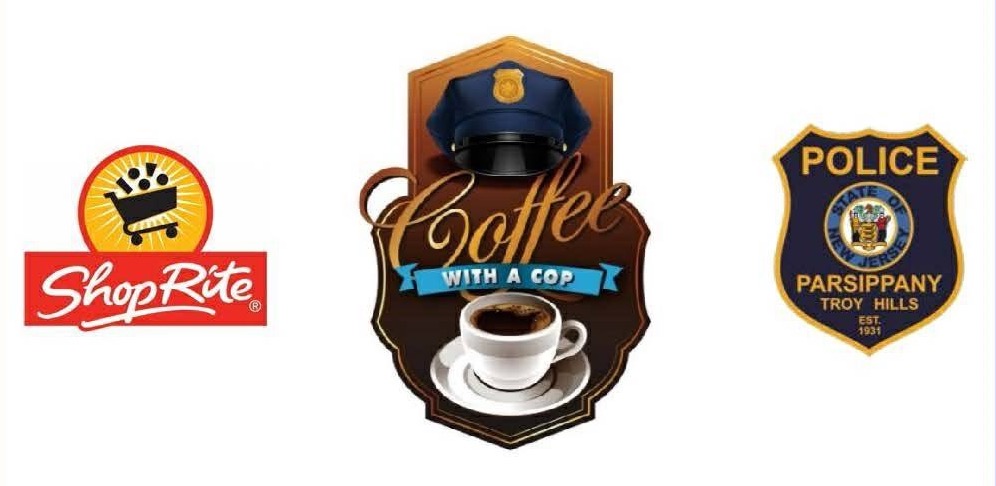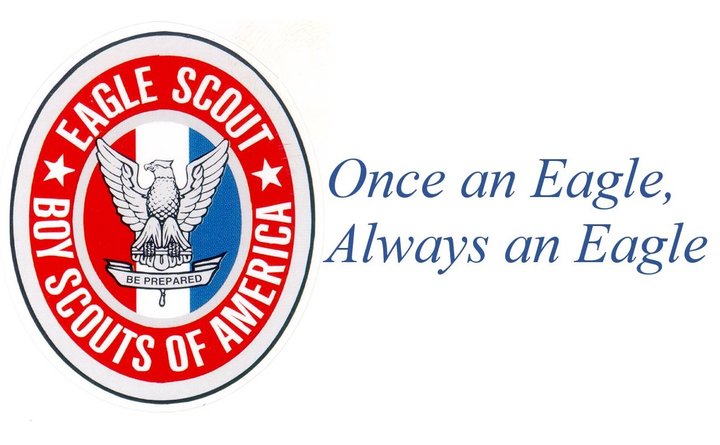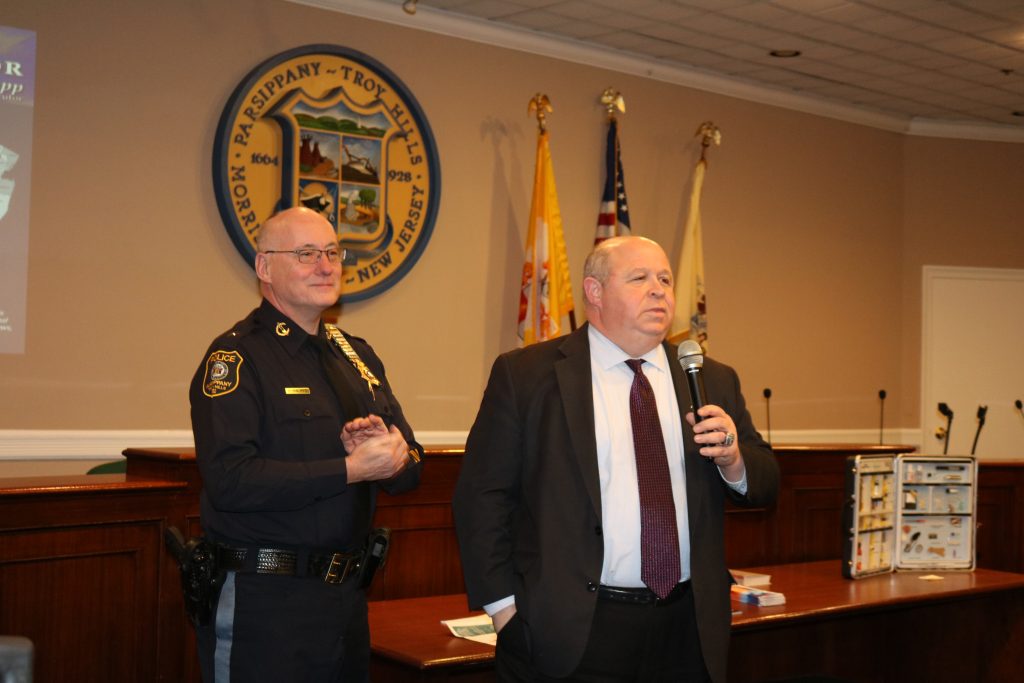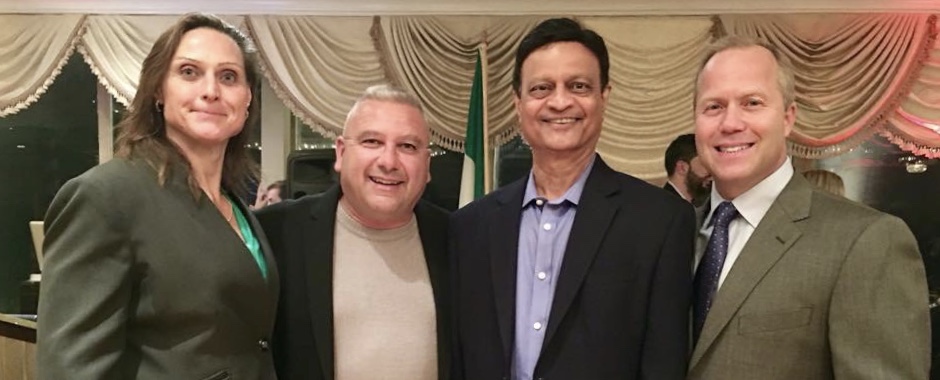Public Safety Announcement…….
Cramming (Fraud)
Cramming is a form of fraud in which small charges are added to a bill by a third party without the subscriber’s consent or disclosure. These may be disguised as a tax, some other common fee or a bogus service, and may be several dollars or even just a few cents. The crammer’s intent is that the subscriber will overlook and ultimately pay these charges.
Phone cramming
Phone cramming is the practice of placing unauthorized charges on a telecommunication subscriber’s home or mobile telephone bill.
Cramming is most common in the US, where the breakup of the Bell System left subscribers with different vendors for local and long-distance service. LEC billing consolidated charges from multiple vendors on one bill, but opened an opportunity (which does not exist elsewhere) for fraudulent vendors to add their own charges to the consolidated bills. This is not the same as telephone slamming where an existing vendor is replaced with a rival without the client’s informed consent.
In the UK all the UK mobile operators have a forced third party direct to bill scheme (chargetomobile ‘payforit’) and offer no opt out or blocking of third party billing (no cramming block) and no prevention of third parties from adding charges to consumers Xserve bills.
In the USA an effort to prevent instances of cramming, some members of the third party billing industry have implemented screening and monitoring measures to identify and eliminate crammers. Some companies offer consumer protection websites to help consumers better understand their phone bill and detect cramming as soon as it occurs
The Federal Communication Commission (FCC) estimates that cramming has impacted tens of millions of American households.
Consumer awareness is the key to minimizing the financial damages caused by crammers (see sidebar). And if you think you’ve been the victim of cramming, contact your telephone service provider and file a complaint online with the FCC or the FTC.
FBI Tips
Tips to Protect Yourself Against Cramming
• Carefully review your telephone bill every month for unfamiliar charges (they could be monthly or one-time-only charges). Some telephone companies mail out abbreviated bills with few details, but may offer more detailed bills online or upon request.
• Keep an eye out for generic-sounding services and fees listed on your phone bill, like Min. Use Fee, Activation, Member Fee, or Subscription.
• Keep a record of the services you have authorized, even for small charges.
• Don’t enter your telephone number on unsecured websites.
• Be on the lookout for unsolicited text messages. A text message from someone you don’t know could be a signal that you might be signed up for a service you didn’t order.
• Carefully read all forms and promotional materials—including the fine print—before signing up for telephone or other services to be charged on your bill.
• Ask your telephone carrier about any services it may offer that block third-party charges.
• When in doubt, ask questions. If you don’t know what a charge listed on your bill is for, ask your telephone company to explain it before you pay it.






































